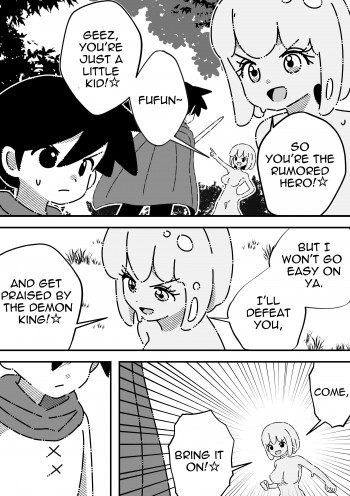Martial Peak Reviews
Kim Fielding's The Golem of Mala Lubovnya is a poignant exploration of identity, faith, and the quest for belonging. Set against the backdrop of a small town plagued by persecution, this novel weaves a narrative that is both timeless and deeply relevant. Fielding's ability to blend folklore with human emotion creates a compelling story that resonates on multiple levels.
At the heart of the novel is the golem, a creature crafted from clay, whose primary purpose is to protect the citizens of Mala Lubovnya. However, the golem's existence is marked by profound loneliness, confined to an attic and yearning for connection. This longing is beautifully captured through Fielding's evocative prose, which paints the golem not as a mere instrument of protection but as a sentient being with desires and fears. The golem's only solace comes from listening to the evening prayers and observing Jakob, a stonemason, from afar. This setup introduces the central theme of the novel: the search for identity and companionship in a world that often demands conformity.
The character of Jakob adds a rich layer to the narrative. As a devout man grappling with his attraction to men, Jakob embodies the conflict between faith and personal truth. His interactions with the golem, whom he names Emet, are tender and transformative. Through Jakob, Fielding explores the complexities of faith, love, and acceptance. Jakob's internal struggle is portrayed with sensitivity, making him a relatable and sympathetic character. His journey is not just about reconciling his faith with his desires but also about understanding the true meaning of love and acceptance.
Fielding's choice to name the golem Emet, which means "truth" in Hebrew, is particularly significant. It underscores the novel's exploration of honesty and authenticity. Emet's existence challenges the notion of truth, both in terms of his own identity and the role he is expected to play. As a golem, Emet is aware that he might be used as an instrument of violence, yet he yearns for a life defined by love and understanding. This dichotomy is central to the novel's tension and ultimately its resolution.
The relationship between Emet and Jakob is the emotional core of the story. Fielding crafts their bond with care, allowing it to develop naturally and with depth. Their friendship evolves into something more profound, challenging societal norms and personal beliefs. The novel does not shy away from the difficulties they face, both from external forces and their internal conflicts. Yet, it is this honesty that makes their relationship so compelling. Fielding does not offer easy answers but instead presents a nuanced portrayal of love that is both fragile and resilient.
In terms of thematic exploration, The Golem of Mala Lubovnya shares similarities with other works that delve into the intersection of folklore and human emotion. For instance, Mary Shelley's Frankenstein also examines the consequences of creation and the quest for identity. However, while Shelley's creature is often driven by vengeance, Fielding's golem is motivated by a desire for connection and understanding. This distinction highlights Fielding's unique approach to the golem myth, focusing on the potential for love and redemption rather than destruction.
Another comparable work is Michael Chabon's The Amazing Adventures of Kavalier & Clay, which also incorporates the golem legend. Chabon's novel explores themes of escape and survival, using the golem as a symbol of protection and resistance. Fielding, on the other hand, uses the golem to explore themes of identity and belonging, offering a more introspective take on the legend. Both authors, however, succeed in using the golem as a powerful metaphor for the human condition.
Fielding's writing is both lyrical and accessible, making the novel a pleasure to read. Her ability to convey complex emotions with clarity and empathy is one of the book's greatest strengths. The setting of Mala Lubovnya is vividly rendered, providing a rich backdrop for the unfolding drama. Fielding's attention to detail and historical context adds depth to the narrative, grounding the fantastical elements in a believable reality.
Overall, The Golem of Mala Lubovnya is a beautifully crafted novel that offers a fresh perspective on the golem legend. Fielding's exploration of identity, faith, and love is both thought-provoking and emotionally resonant. The novel challenges readers to consider the nature of truth and the possibility of love in a world that often demands conformity. It is a story that lingers long after the final page, inviting reflection and discussion.
For readers interested in folklore, LGBTQ+ themes, and character-driven narratives, The Golem of Mala Lubovnya is a must-read. Fielding's novel is a testament to the power of storytelling to illuminate the complexities of the human experience. It is a work that not only entertains but also enriches, offering insights into the universal quest for identity and belonging.
























Reviews 0
Post a Reviews: